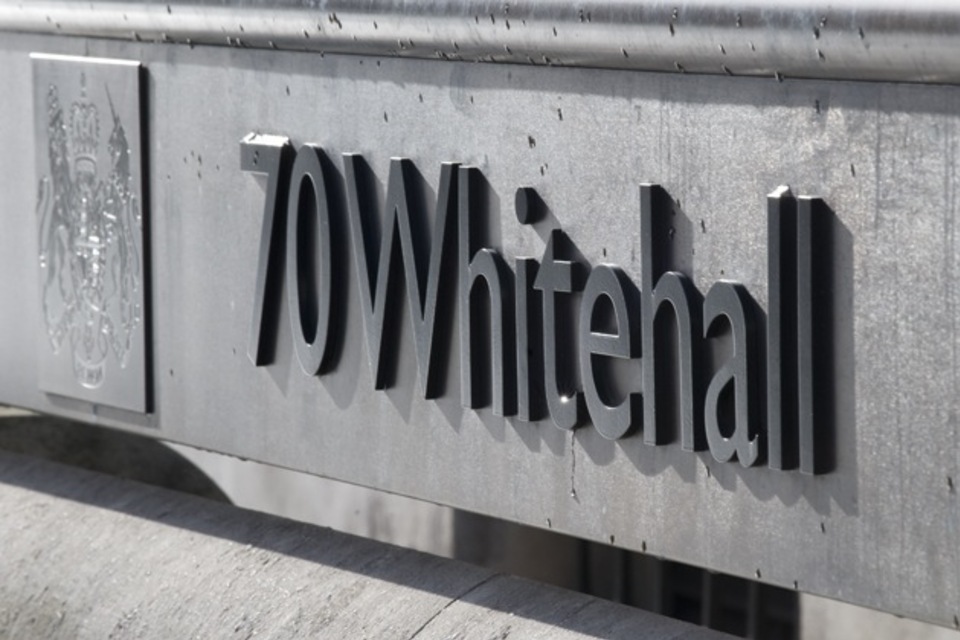AI to Change the Game in National Security: New Laboratory Launches in the UK
Artificial Intelligence (AI) is on the brink of revolutionizing various aspects of our lives, and national security is no exception. At the NATO Cyber Defence Conference, the UK’s Chancellor of the Duchy of Lancaster announced exciting news about a new venture that aims to bolster the nation’s cyber resilience through advanced AI research.
The Launch of the Laboratory for AI Security Research (LASR)
The UK government has unveiled the Laboratory for AI Security Research (LASR), which will collaborate with top-notch experts from universities, intelligence agencies, and private industry. This initiative is backed by an initial government grant of around £8 million, with hopes of attracting further investments from the industry.
Building a Collaborative Network
The LASR will bring together leading minds from various sectors, including the Government Communications Headquarters (GCHQ), the National Cyber Security Centre, and renowned academic institutions such as the University of Oxford and the Alan Turing Institute. This partnership aims to explore how AI can both challenge and enhance our security.
"The lab will pull together world-class industry, academic and government experts to assess the impact of AI on our national security," the Chancellor stated. He emphasized the dual role of AI: while it can exacerbate existing cyber threats, it also holds the potential for better defensive tools and strategies for intelligence operations.
Staying Ahead of the Threats
As digital battles become a daily occurrence, experts warn that AI technology is evolving rapidly, and so are the threats that come with it. “Cyber war is now a daily reality… The extent of the threat must be matched by the strength of our resolve to combat it,” he urged.
In his address, the Chancellor brought up the necessity for NATO to evolve with the times, underscoring that enemy nations, such as Russia, are continuously looking to exploit advancements in AI for aggressive actions.
Learning from Experience
Recalling historical lessons, the Chancellor mentioned, “We know from history that appeasing dictators engaged in aggression only encourages them.” This reflects the UK’s commitment to standing strong against adversaries, emphasizing support for Ukraine in its ongoing struggle against aggression from Russia.
He also pointed out that in the past year, North Korea made headlines as the first nation publicly called out for using AI to hasten its cyber malice. This highlights that many nations are rapidly recognizing the need to adapt to the threats posed by AI enhancements in cybersecurity.
A Step Towards Unity
Along with the LASR, the Chancellor announced a new £1 million project dedicated to incident responses, which aims to improve collaboration among allies in tackling cyber incidents. With the opportunity to share expertise and resources, this project is poised to enhance the collective security of the UK and its partners.
In attendance at the conference, Stephen Doughty, Minister for Europe, North America and UK Overseas Territories, reaffirmed the UK’s position as a leader in AI innovation, emphasizing the need to understand both the threats and opportunities AI brings. “We need to ensure AI remains a force for good,” he stated.
Closing Thoughts
The UK’s establishment of the LASR signifies a forward-thinking approach to safeguarding national security in an era heavily influenced by technology. As we stand at the precipice of this new AI arms race, collaboration and innovation are more essential than ever.
The AI Buzz Hub team is excited to see where these breakthroughs take us. Want to stay in the loop on all things AI? Subscribe to our newsletter or share this article with your fellow enthusiasts.




